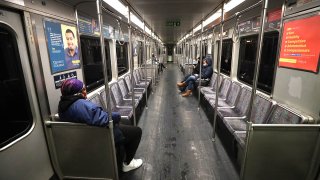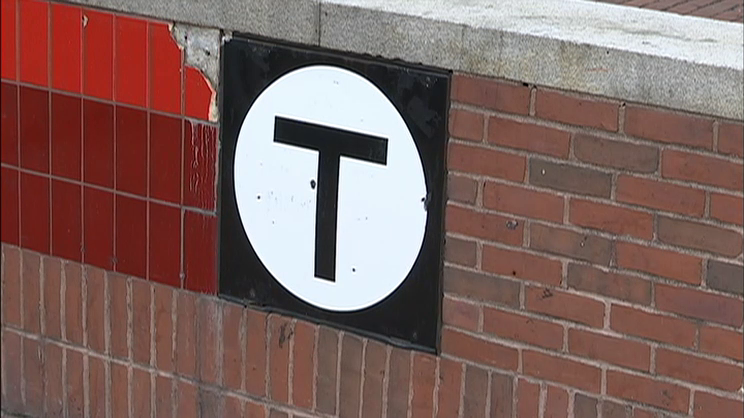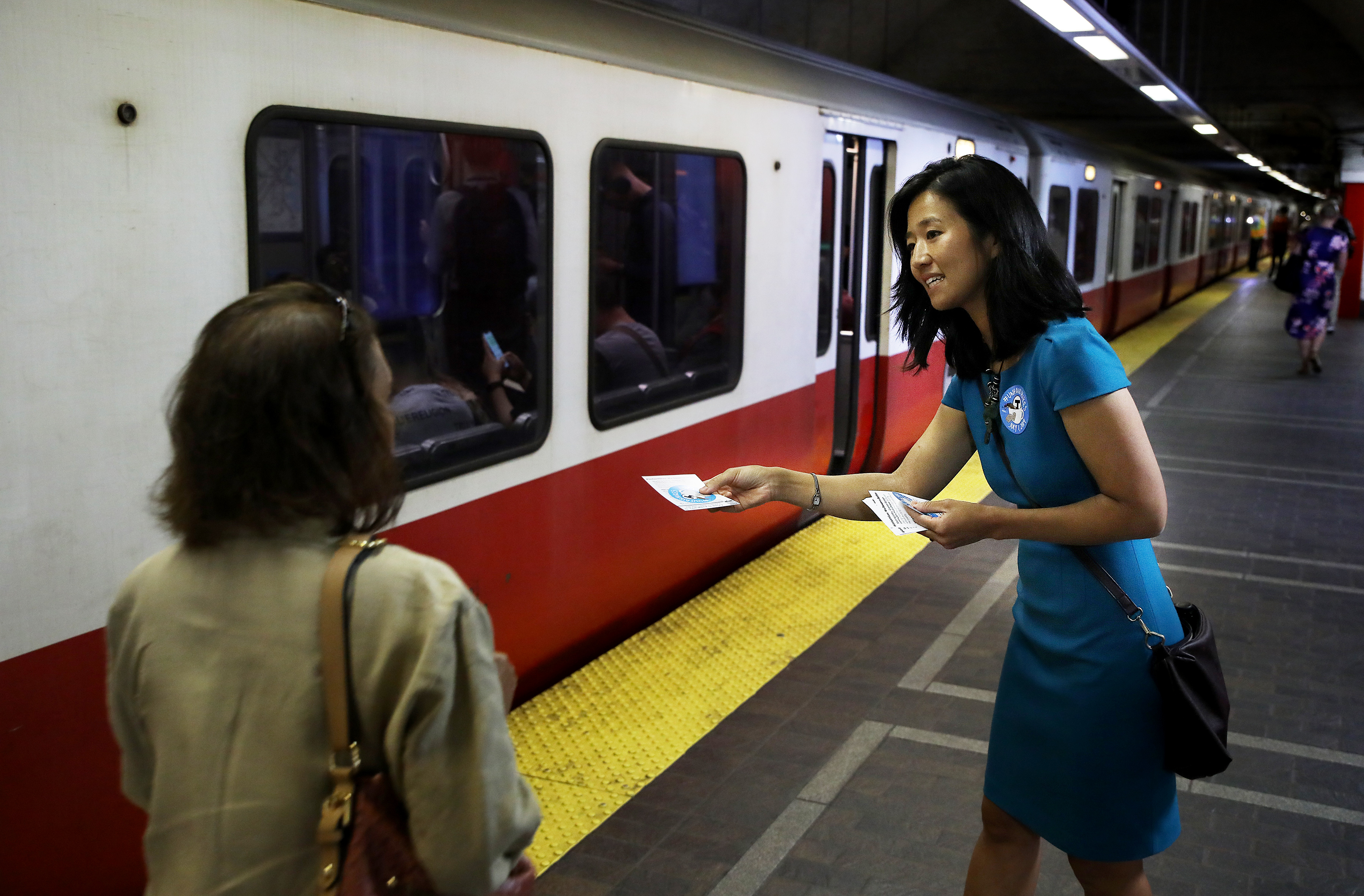
Darkening an already-grim financial picture, MBTA officials on Thursday projected the agency's expenses will grow faster than revenues until fiscal 2027, at which point ridership still will not bring in as many dollars as before COVID-19 hit.
The latest five-year pro forma outlook that MBTA Chief Financial Officer Mary Ann O'Hara presented expects that the T's expenses will pile up more quickly than its income in FY24, FY25 and FY26 before the trend turns in FY27. She attributed the disparity to the costs associated with implementing new services such as South Coast Rail and the Green Line Extension.
A sharp decline in ridership during the pandemic shellacked the T's finances, leaving officials to use one-time federal relief funds to close the gaps. O'Hara said as much as 23 percent of the total expenses the MBTA will make this fiscal year and up to 13 percent of its projected expenses in fiscal 2023 are supported entirely by one-time revenues.
While calls grow louder for the T to phase out fares, ridership has been slow to return, most recently hovering just above 65 percent of pre-pandemic levels on buses and between 45 and 50 percent of pre-pandemic levels on the rail system.
Get Boston local news, weather forecasts, lifestyle and entertainment stories to your inbox. Sign up for NBC Boston’s newsletters.
MBTA officials do not expect that to change quickly. In the most pessimistic model that O'Hara presented Thursday, the agency would bring in 49 percent of pre-COVID fare revenue in FY23 and 68 percent in FY27. Even the most optimistic version anticipates only 93 percent of pre-pandemic fares -- still not a full recovery -- by FY27.
More Stories on MBTA
"This five-year plan, and it is good to think out to the future, presents a serious financial challenge to the T and to this board," MBTA Board of Directors Chair Betsy Taylor said following the presentation. "It is hard to see how we can survive long-term with expenses growing faster than revenue. It shows how important it is to look at the operating costs of expansion projects. And finally, given this operating challenge, it raises to me the concern of how we will continue to find money to fund the needed safety and maintenance requirements of the T going forward as well."
While the outlook predicts enormous strain on the horizon, the T has some cash available at the moment thanks to a drawdown from federal aid and better-than-expected sales tax revenues this year. Officials are weighing a significant transfer of $500 million from operating funds toward needed safety and maintenance investments on the capital side, O'Hara said, forecasting additional discussion of the idea in January.
"Using these one-time funds for one-time capital investments is a potential opportunity to strengthen the T's infrastructure while making more safety-tangible investments," she said. "This is an opportunity for the T to put money to use right away for the benefit of future service and safety."



